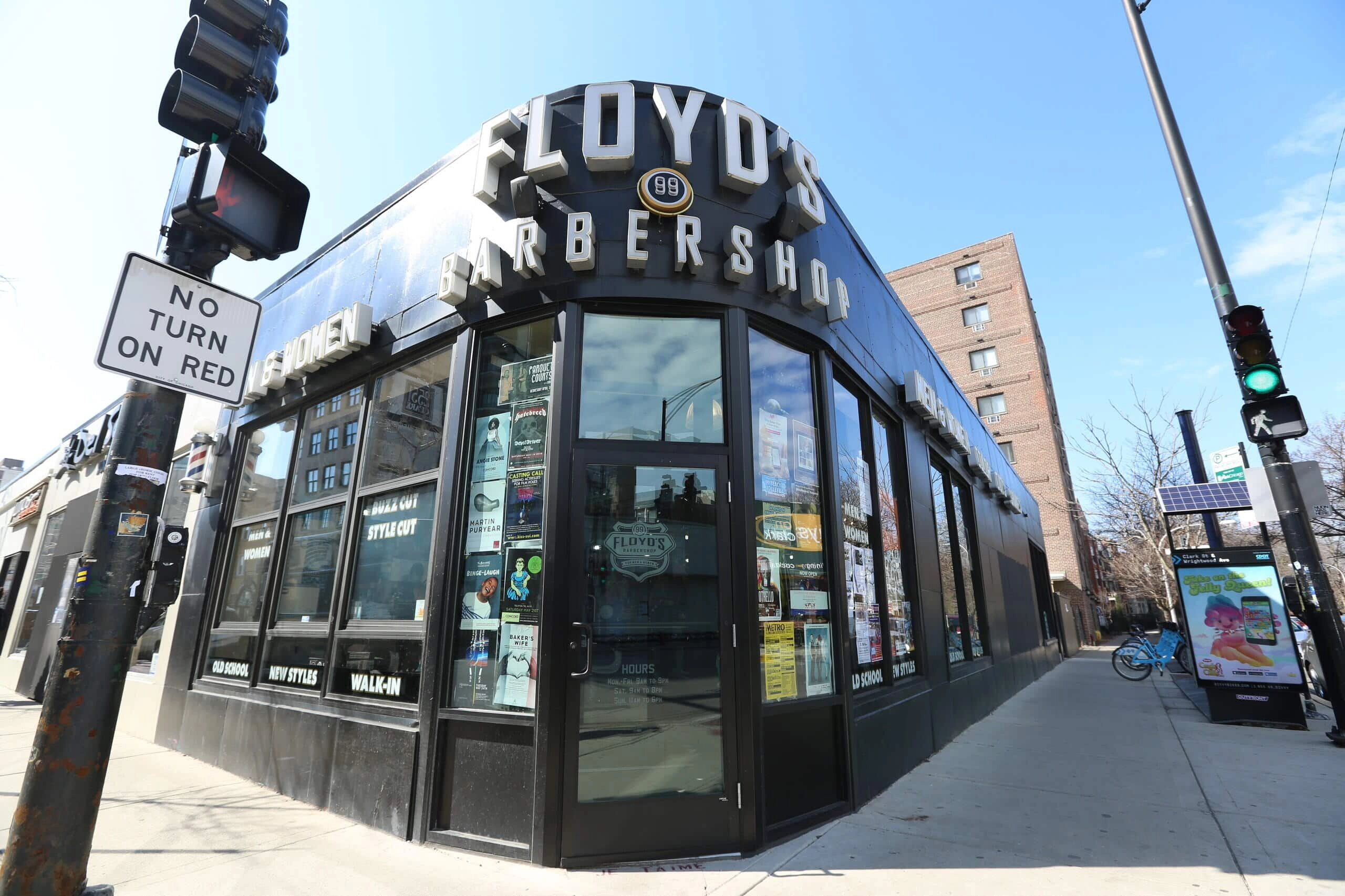
Investing in a Franchise | Buying A Franchise Cost
Buying A Franchise Cost in Columbia, SC
Floyd's 99 Barbershop is a leading national franchise chain that offers more than just a haircut - it delivers an amplified experience. With its commitment to consistently providing high-quality haircare services, Floyd's 99 has carved out a differentiated spot that falls between discount cut-shops and high-end salons. Clients love the service, barbers and stylists love working for the brand, and entrepreneurs love investing in it. The hair care industry is valued at a staggering 64 billion as of 2024.
Investing in a franchise like Floyd's 99 Barbershop can be an exciting and financially rewarding opportunity. However, it is essential for potential franchisees to conduct thorough research into the costs involved. This article aims to provide an in-depth look into the various costs associated with buying a franchise and what potential investors based in Columbia, SC, should consider when evaluating franchise opportunities in the beauty industry.
Franchise Costs
When considering investing in a franchise such as Floyd's 99 Barbershop, one must have a clear recognizing of the potential costs involved. Buying into a franchise comes with initial investment costs, ongoing fees, and operational expenses.
Initial Investment Costs: One of the most significant costs associated with buying a franchise is the initial investment. This includes the franchise fee, which grants the franchisee the right to use the franchisor's brand, trademarks, and business model. Additionally, there may be costs for real estate, construction, signage, and equipment required to set up the franchise location. It is crucial for potential franchisees to carefully review the Franchise Disclosure Document (FDD) provided by the franchisor, which outlines all the initial investment costs in detail.
Ongoing Fees: In addition to the initial investment, franchisees are required to pay ongoing fees to the franchisor. This typically includes royalty fees, which are often calculated as a percentage of the franchisee's gross sales. Additionally, there may be marketing fees to contribute to the national or regional advertising fund, as well as ongoing support and training fees.
Operational Expenses: Running a franchise also involves various operational expenses, such as rent, utilities, payroll, inventory, and insurance. Potential franchisees should consider these operational expenses when evaluating the overall cost of owning and operating a franchise.
Financial Planning and Funding
Before diving into the world of franchising, potential investors in Columbia, SC, should carefully assess their financial situation and develop a comprehensive financial plan. This includes evaluating personal savings, equity, and potential funding sources.
Personal Savings and Equity: Many individuals use their personal savings or access equity from their assets, such as home equity or retirement accounts, to fund their franchise investment. It is essential to have a clear recognizing of one's financial position and the impact of using personal funds for the franchise venture.
Traditional Financing: For those who do not have sufficient personal funds, traditional financing options such as bank loans, Small Business Administration (SBA) loans, and lines of credit can be explored. Potential franchisees should carefully review their credit history, collateral, and financial statements when considering traditional financing options.
Alternative Funding Sources: In some cases, potential investors may explore alternative funding sources, such as venture capital, private investors, or even crowdfunding. Each funding source comes with its own set of terms and conditions, and it is important to thoroughly assess the implications of using alternative funding for the franchise investment.
Evaluating Return on Investment
When contemplating investing in a franchise like Floyd's 99 Barbershop, potential franchisees must carefully evaluate the return on investment (ROI). This involves forecasting potential revenue, profit margins, and the overall financial performance of the franchise over time.
Revenue Projections: It is crucial for potential franchisees to develop realistic revenue projections based on the performance of existing franchise locations, market demand, and the local competition. Understanding the potential revenue streams, such as haircare services, retail products, and additional offerings, is essential for accurate revenue forecasting.
Profit Margins: Evaluating the profit margins of the franchise is essential to understand the overall profitability of the investment. Potential franchisees should consider factors such as the cost of goods sold, operational expenses, and the impact of ongoing fees on the bottom line.
Financial Performance: Analyzing the historical financial performance of existing franchise locations can provide valuable insights into the potential ROI. It is important to review financial statements, cash flow projections, and other financial metrics to assess the long-term financial viability of the franchise opportunity.
Final thoughts
Investing in a franchise like Floyd's 99 Barbershop can be a lucrative opportunity for entrepreneurs seeking to enter the beauty industry. However, it is essential for potential franchisees to carefully evaluate the costs involved, develop a solid financial plan, and assess the potential return on investment. By recognizing the franchise costs, financial planning, and return on investment, individuals in Columbia, SC, can make informed decisions when considering franchise opportunities in the beauty industry.